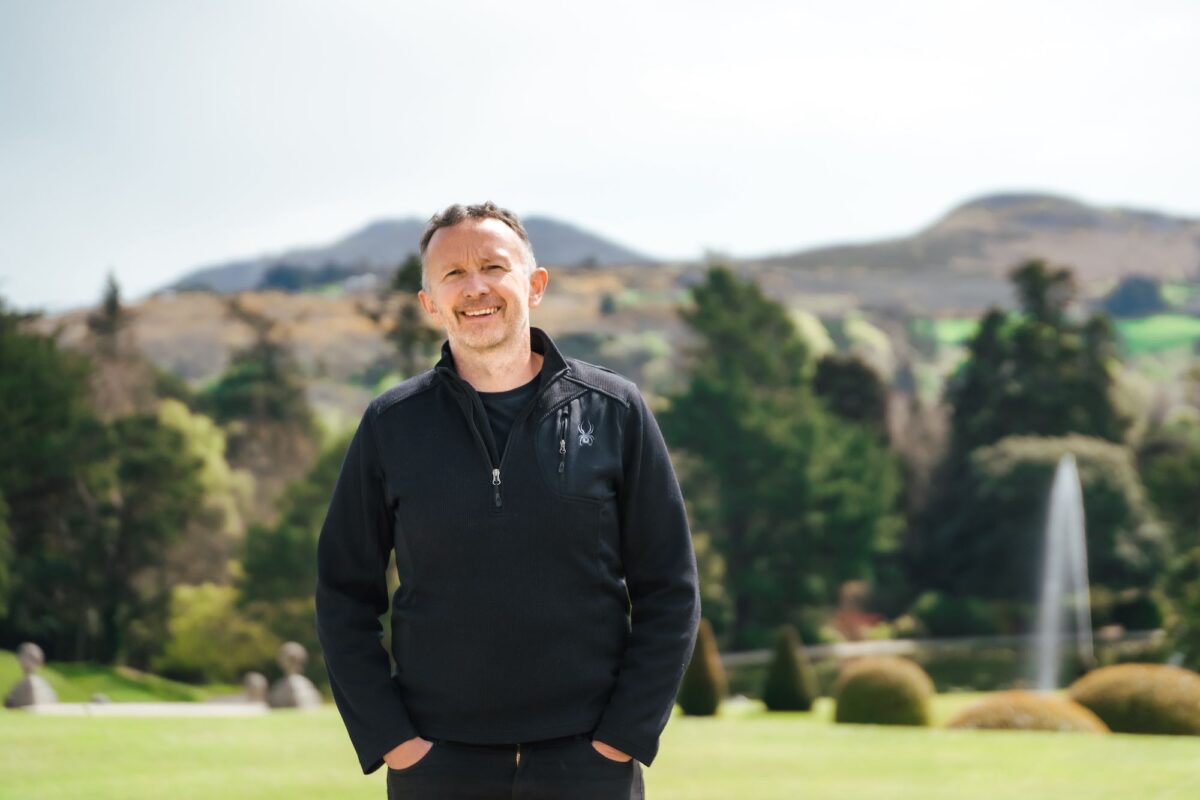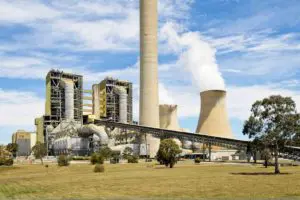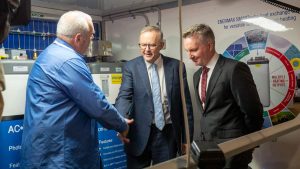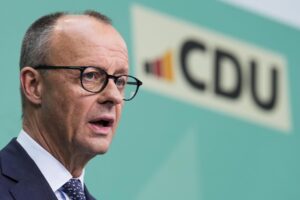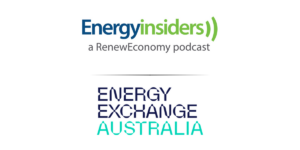Self-driving electric utes, high-tech operating systems and heat pumps are some of the weapons of a one-million-strong “decarbonisation army” that is mustering around the world.
Irishman Norman Crowley, founder and chair of the global emissions-busting CoolPlanet Group, is visiting Australia to recruit like-minded partners to his mission.
The World Economic Forum estimates investment in decarbonisation technologies and equipment will need to rise to $US3 trillion a year within a decade to fight the ongoing climate crisis.
“By 2030 decarbonisation will be the biggest sector in the world – it will be bigger than tech,” Mr Crowley told AAP.
Wind turbines and solar are great but there are cheaper and quicker ways of reducing energy use, he said.
Energy use for people or industry is about heating, cooling and moving things – mostly in a “massively inefficient” way, he explained.
“If you can reduce the energy use in a factory by 70 per cent you don’t need to upgrade the grid around it, you just need to upgrade the factory,” he said.
Mr Crowley has clients with the same carbon footprint as Australia or France and says he can deploy software and machine learning that slashes industrial emissions in weeks or months, not decades.
CoolPlanet, which operates in 26 countries, already has longstanding ties with Sydney-based company Climatech Zero to roll out software to manage the carbon emissions of some of Australia’s biggest polluting sectors.
For example, a project to retrofit thousands of “mine changer” electric Land Cruisers with an autonomous vehicle operating system could save emissions – and lives – over coming years.
Company research showed barriers to decarbonisation included a lack of financing, a shortage of engineers and resistance to change.
He said CoolPlanet encourages companies to “do the easy stuff first, then the least expensive and then hard stuff” like building wind and solar farms last.
Industries can overhaul and electrify processes to stop wasting energy, with some measuring themselves factory by factory as the first step towards “true efficiency,” he said.
France’s largest meat producer slashed energy use by 83 per cent in six months using software alone, while a global pharmaceutical company cut carbon emissions by almost three-quarters by installing giant heat pumps and solar.
Mr Crowley said using heat pumps instead of giant gas boilers or stopping excess energy settings when blast-freezing millions of chickens were easy solutions for overhauling old and wasteful ways of doing business.
“People need to stop doing dumb s***, and stop wasting energy,” he said.
“Let’s gather an army of people and solve this problem.”
AAP

